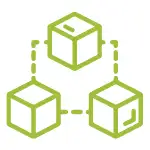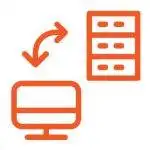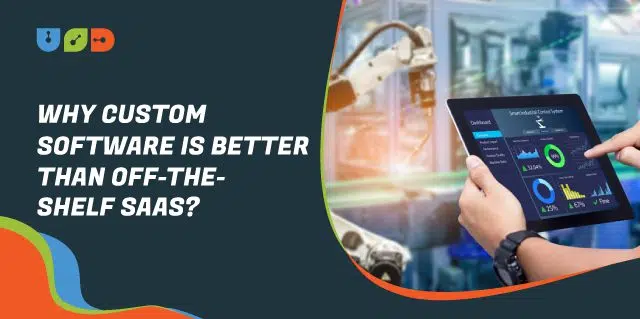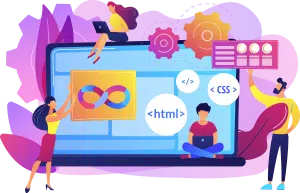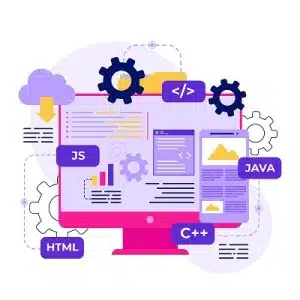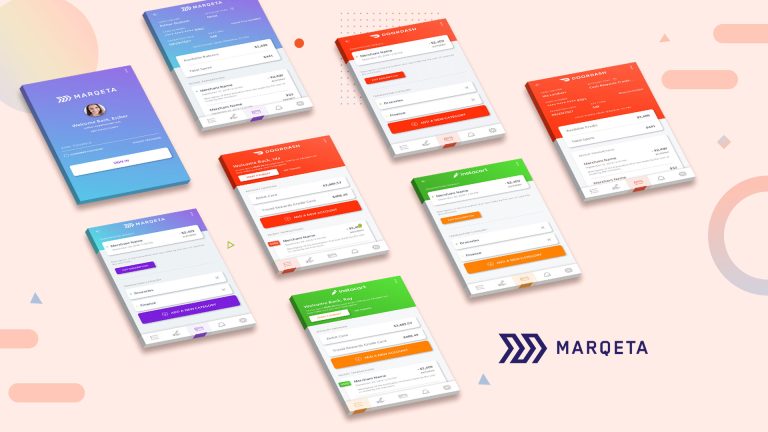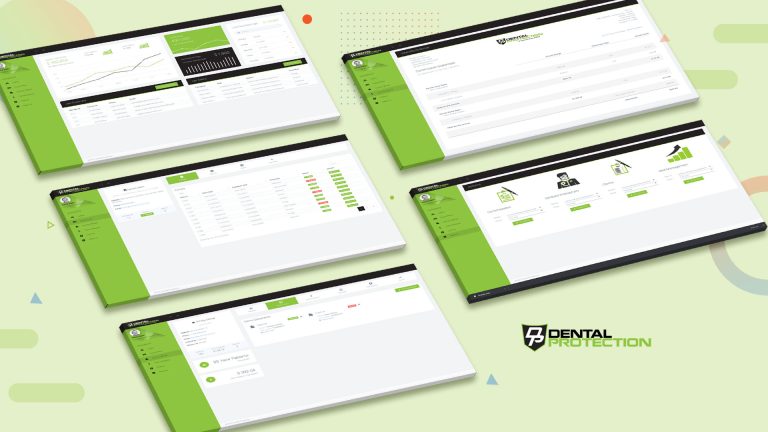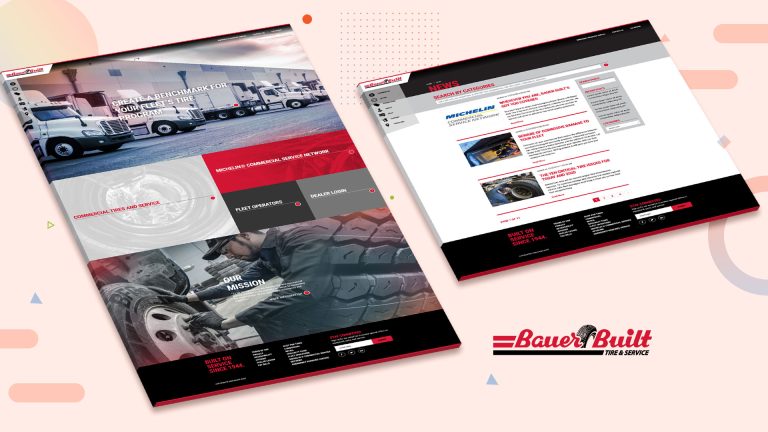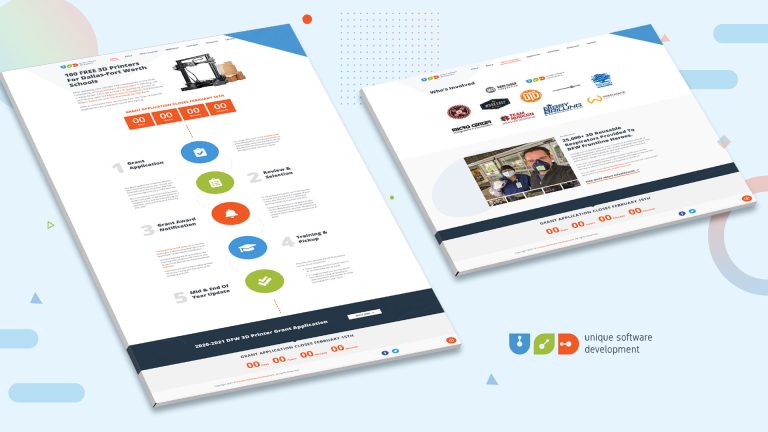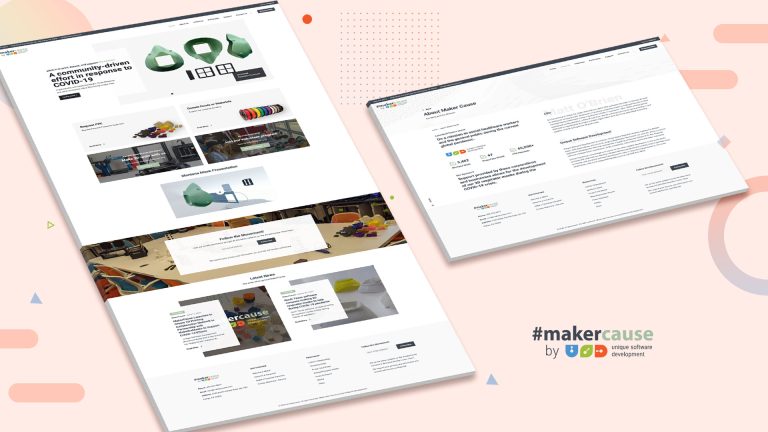Table of Contents
ToggleIn today’s digital era, businesses face the ongoing challenge of selecting the right software solutions to meet their unique needs. With the rising popularity of Software as a Service (SaaS), many off-the-shelf software options have emerged in the market. However, when it comes to achieving maximum efficiency and tailored functionality, custom software solutions stand out as a superior choice. This article discusses the advantages of custom software over off-the-shelf SaaS solutions. Also highlighting its ability to provide unmatched flexibility, scalability, security, and long-term cost-effectiveness.

Custom Software vs. Off-The-Shelf Software: Understanding the Differences
Before we delve into the benefits of custom software, it’s important to understand the distinctions between custom software and off-the-shelf software. Off-the-shelf software is also known as SaaS or pre-packaged software. Custom software refers to a solution that is specifically designed and developed to address the unique requirements of a particular organization. On the other hand, off-the-shelf software is a pre-built, standardized application that is typically available to multiple users or organizations.
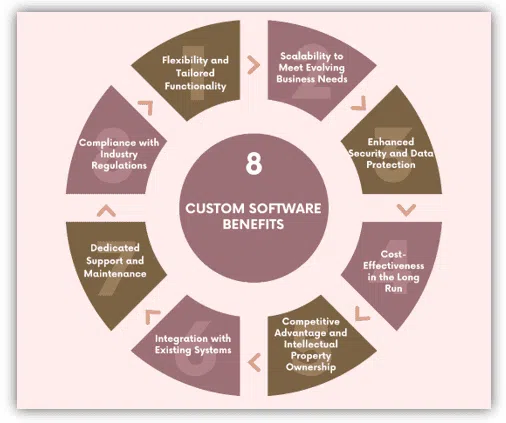
1. Flexibility and Tailored Functionality
One of the major advantages of custom software is its ability to offer unparalleled flexibility and tailored functionality. Unlike off-the-shelf software, which comes with a fixed set of features, custom software allows businesses to have complete control over the development process. Organizations can work closely with developers to define their specific requirements and incorporate features that align perfectly with their unique business processes. This level of customization ensures that the software solution caters precisely to the organization’s needs, leading to enhanced productivity and efficiency.
2. Scalability to Meet Evolving Business Needs
As businesses experience growth and evolution, their software needs frequent transformations. Custom software offers the advantage of scalability, enabling organizations to adapt and expand their software as needed. With off-the-shelf software, businesses are limited by the features and capabilities provided by the vendor. Custom software, however, can be designed to accommodate future growth, making it a flexible and long-term solution. This scalability ensures that the software remains aligned with the organization’s changing needs, ultimately saving time and resources in the long run.
3. Enhanced Security and Data Protection
For businesses of all sizes, data security remains a crucial and pressing concern. Off-the-shelf software solutions are designed to cater to a wide range of users, which may expose them to security vulnerabilities. Custom software, on the other hand, allows businesses to implement robust security measures tailored to their specific requirements. This includes encryption protocols, user access controls, and data backup mechanisms. By taking a personalized approach to security, custom software provides a higher level of protection for sensitive business information, reducing the risk of data breaches and unauthorized access.
4. Cost-Effectiveness in the Long Run
While off-the-shelf software may appear cost-effective initially due to lower upfront costs, it can become a more expensive option in the long run. Custom software, although requiring a higher initial investment, provides substantial cost savings over time. With off-the-shelf software, businesses often end up paying for features they don’t need or use. Additionally, as the organization grows, it may incur additional costs to upgrade or customize the software to fit its requirements. Custom software eliminates these unnecessary expenses, as it is built from scratch to meet specific needs, ensuring a higher return on investment in the long term.
5. Competitive Advantage and Intellectual Property Ownership
Custom software empowers businesses to gain a competitive edge by differentiating themselves from their competitors. By incorporating unique features and functionalities, organizations can optimize their business processes and deliver superior products or services to their customers. Furthermore, custom software allows businesses to retain full ownership of their intellectual property. Off-the-shelf software often operates under strict licensing agreements, limiting the organization’s control over the software and its future development. Custom software, on the other hand, grants complete ownership and control, enabling businesses to protect their intellectual property and make modifications and enhancements as needed.
6. Integration with Existing Systems
For businesses with established systems and processes, integrating off-the-shelf software can be a complex and time-consuming task. Custom software, however, can be seamlessly integrated with existing systems, ensuring smooth data flow and compatibility. This integration eliminates the need for manual data entry, reduces errors, and streamlines operations, ultimately improving overall efficiency.
7. Dedicated Support and Maintenance
Off-the-shelf software often provides general support to a large customer base, which may result in delayed responses and generic solutions to issues. With custom software, organizations can benefit from dedicated support and maintenance from the development team. The developers are intimately familiar with the software’s architecture and intricacies, allowing for prompt and personalized assistance. With this level of support, any technical issues or updates can be promptly addressed, minimizing downtime and maximizing productivity to the fullest extent.
8. Compliance with Industry Regulations
Businesses must adhere to specific regulations and compliance requirements tailored to different industries. Off-the-shelf software may not always meet these industry-specific regulations, exposing organizations to legal and operational risks. Custom software can be designed to comply with industry standards and regulations from the outset. This tailored approach ensures that businesses can operate within the legal framework of their industry, mitigating compliance-related issues and potential penalties.
Conclusion
While off-the-shelf software solutions have their advantages, custom software emerges as the superior choice for businesses seeking tailored functionality, scalability, security, cost-effectiveness, and a competitive edge. With custom software, organizations can align their software solutions precisely with their unique needs and leverage its benefits for long-term growth and success. By investing in custom software development, businesses can optimize their operations, enhance efficiency, and position themselves at the forefront of their industry.
As the business landscape continues to evolve, the demand for custom software solutions will likely increase. Organizations that recognize the value of customization and the strategic advantages it brings will position themselves well to thrive.
FAQs
Q: How long does it take to develop custom software?
A: The development time for custom software varies depending on the complexity and scope of the project. Simple application design can take a few weeks to develop, while more complex solutions may take several months. The development team will provide a detailed timeline based on the project requirements.
Q: Is custom software more expensive than off-the-shelf SaaS solutions?
A: While custom software development involves an upfront investment, it provides greater long-term value compared to off-the-shelf SaaS solutions. Custom software eliminates ongoing subscription fees and allows businesses to have full control over their technology stack, resulting in cost savings and efficiency gains over time.
Q: Can custom software be integrated with existing systems?
A: Yes, custom software can be seamlessly integrated with existing systems, web and mobile apps. The development team will ensure compatibility and design the software to communicate with other systems, enabling businesses to centralize data management and streamline operations.
Q: Is custom software more secure than off-the-shelf SaaS solutions?
A: Custom software offers enhanced security compared to off-the-shelf SaaS solutions. Development teams prioritize security measures specific to the business’s needs, ensuring that sensitive data remains protected and compliant with industry regulations.
Q: How often can custom software be upgraded?
A: Custom software can be upgraded as frequently as necessary to meet the evolving needs of a business. The development team can provide regular updates, upgrades, and new feature implementations to ensure the software remains up-to-date and aligned with the changing requirements.
Q: What ongoing support is available for custom software?
A: Custom software development comes with dedicated support and maintenance services. Development teams offer ongoing support, promptly address any issues, and provide assistance with software updates, bug fixes, and technical troubleshooting.





